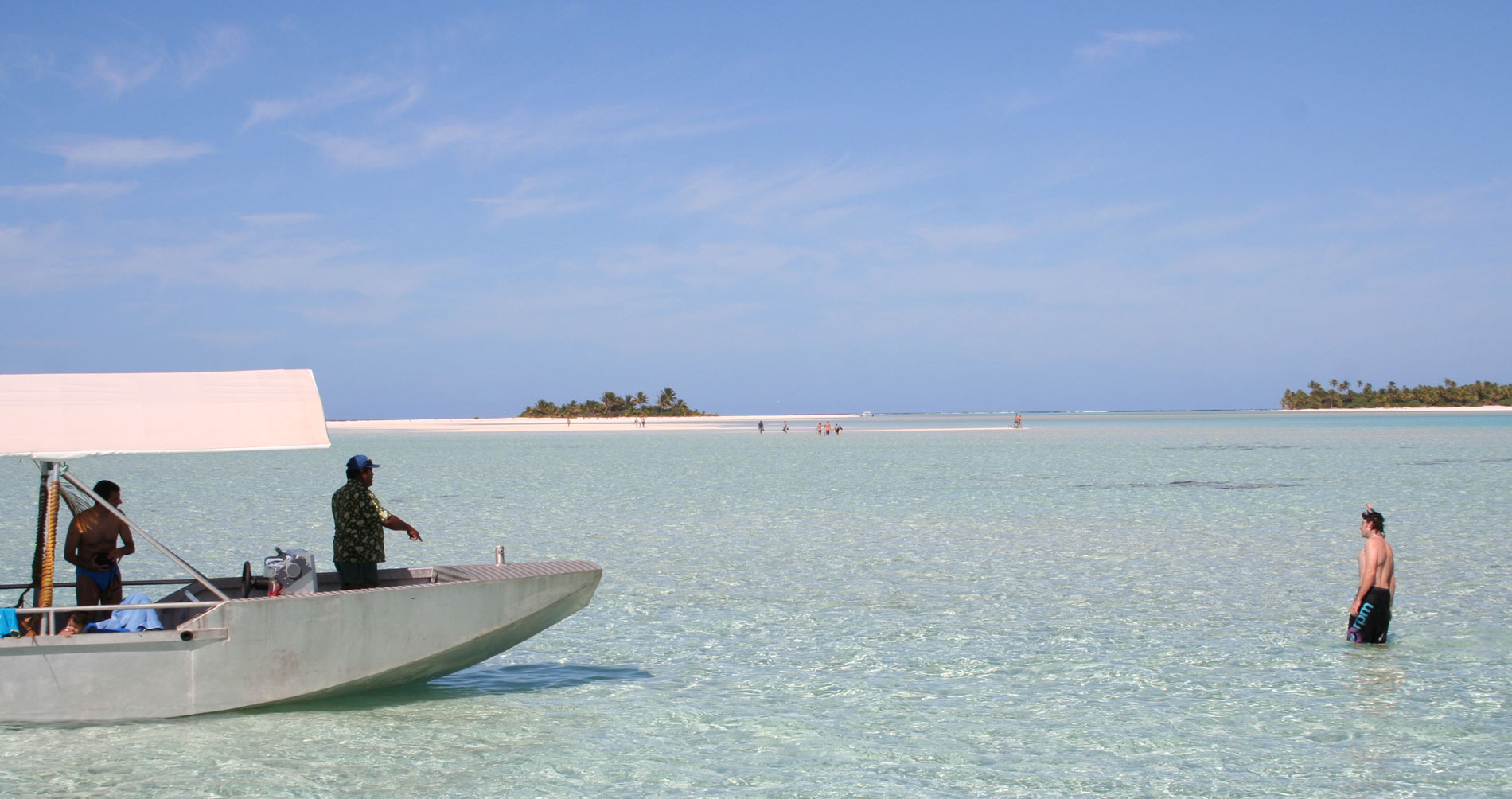How is Malaria spread?
Malaria is a disease of the blood transmitted from human to human by an infected mosquito. This serious disease occurs when an infected mosquito bites a person and injects Malaria parasites into the blood.
What are the symptoms of Malaria?
Symptoms of Malaria may initially be likened to having the flu, but deterioration can be sudden.
- High fevers with chills
- Shakes, profuse sweating, coughing
- Very cold and clammy
- Muscle, joint or bone aches
- Diarrhoea
- Vomiting
- Dark red or black urine
- Stomach pains
In between episodes of fever the patient can appear deceptively well. As malaria does not always cause the classic pattern of symptoms, the golden rule is that any fever could be malaria, in any person who has been in a malaria area any time in the past 12 months.
The most severe type of Malaria can cause serious complications including affecting the brain, leading to coma.
If you think you may have caught Malaria, please contact our Travel Health Specialists.
Who is at risk?
Malaria is especially prevalent in the Pacific, Asia and Africa. The greatest risk from mosquito bites is in rural areas and urban fringes during the evening hours between dusk and dawn.
Contact our Travel Health Specialist to see if your itinerary involves areas of concern.
How to avoid Malaria
Malarial medication may be recommended depending on your travel itinerary.
In addition, there are steps you can take to reduce your risk of being bitten by infected mosquitoes.
- Use insect repellent on exposed skin surfaces, particularly during the day.
- Repellents containing 30% to 50% DEET (N,N-diethyl-m-toluamide) are recommended.
- Clothing and mosquito nets can be treated with Permethrin for greater protection.
- Burn Mosquito coils in the immediate area. CARE is suggested here because breathing problems, or even asthma, may rarely develop.
- Electric plug chemicals will also help to repel mosquitoes from a room.
- Spray a “knock down” insecticide in sleeping and living areas.
- Understand the feeding and behavioural patterns of the mosquito carrier.
- Stay in accommodation that is well screened, or has air-conditioning, and that takes measures to reduce the mosquito population, where possible.
- Reduce mosquito breeding sites by emptying standing water that may have collected in containers (eg: uncovered barrels, tyres or flower vases) by either overturning the vessels or covering the opening.
- If illness develops, take precautions to limit mosquito bites and to avoid further spread of infection, eg: use a mosquito net
- Avoid perfumes: mosquitoes are attracted to scents.
Further information about Malaria
Please note that the recommendations given are general guidelines as to what may be required for a trip to these countries. However, they really do depend on many factors of your travel itinerary and medical history. All travellers are strongly advised to make an appointment to see a WORLDWISE Travel Doctor for up to date advice (including a vaccination plan and anti-malaria recommendations) tailored specifically to your upcoming trip.
Remember, our Travel Health Specialists are travellers too and have probably been to the region that you are going to. They appreciate the importance of enjoying a problem-free trip and of staying healthy abroad.

